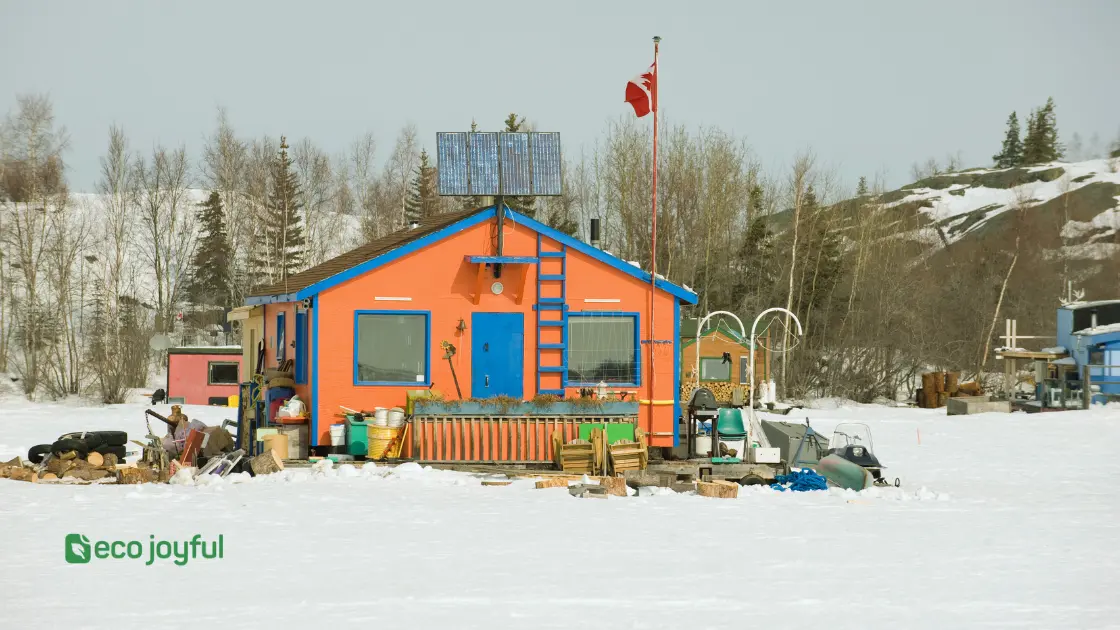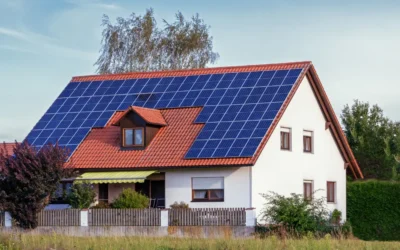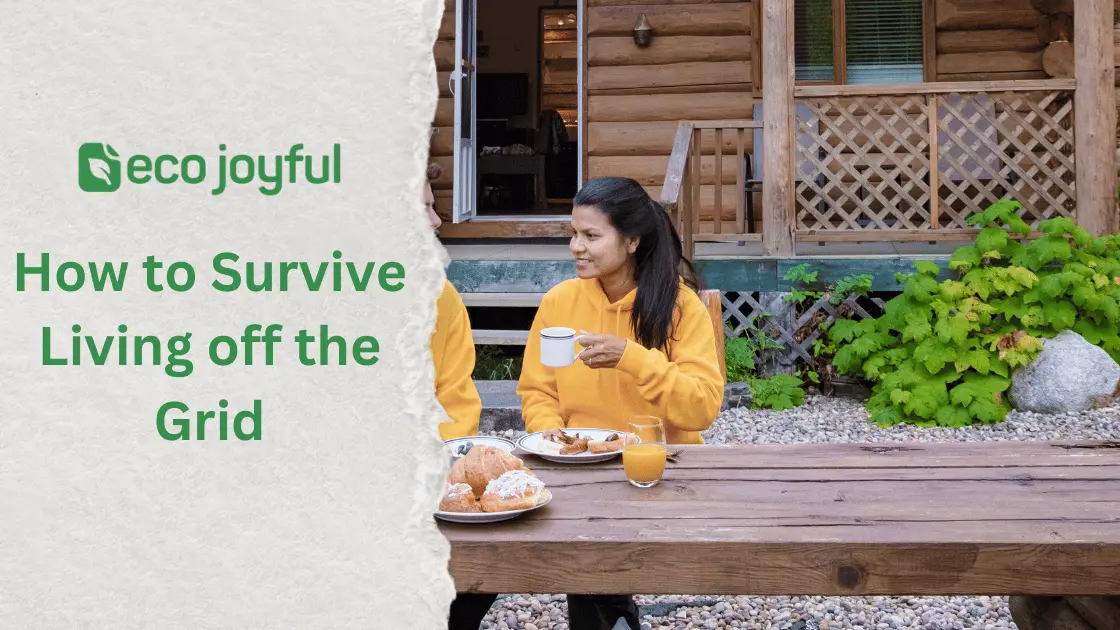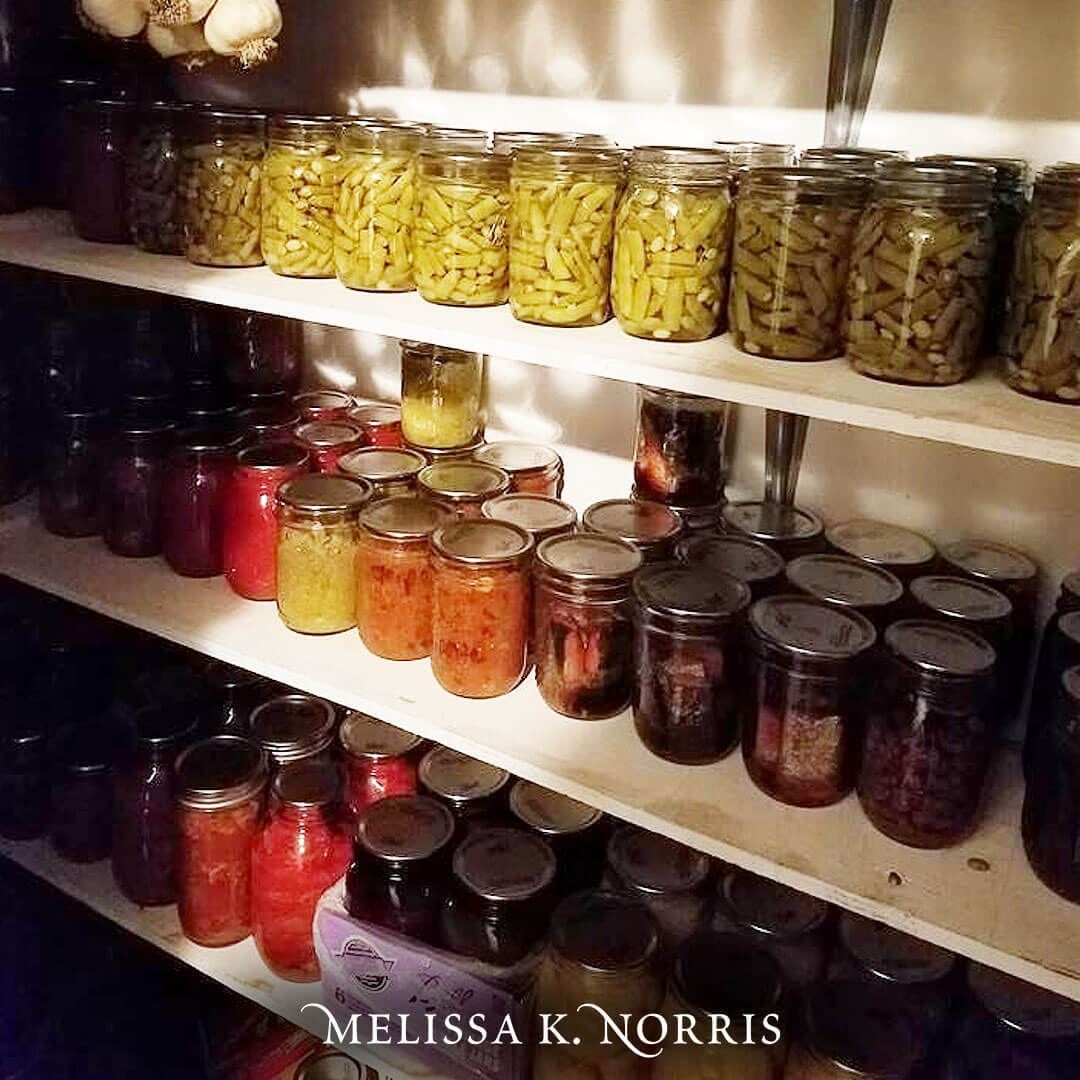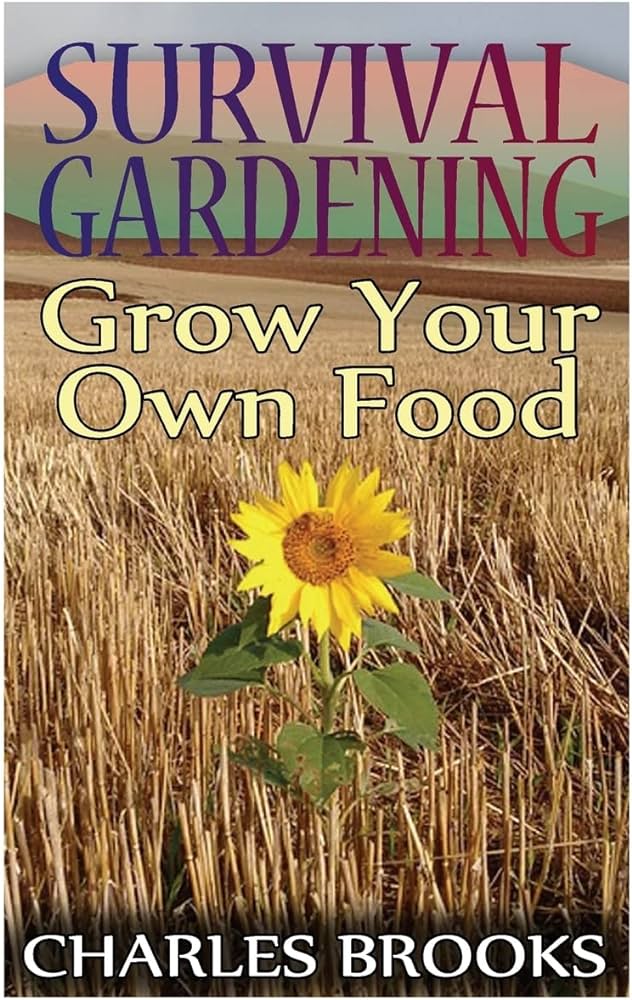To survive living off the grid, one must learn self-sufficiency and sustainable practices, such as relying on renewable resources and minimizing waste. This lifestyle requires adaptability and a deep understanding of basic survival skills, including food cultivation, energy generation, and water sourcing.
Adopting a minimalistic approach and embracing resilience are essential for successfully navigating the challenges of off-grid living, including potential isolation and limited access to modern conveniences.
Table of Contents
How to Survive Living off the Grid
Living off the grid can be an exciting and rewarding experience. However, it requires careful preparation and an understanding of what it entails.
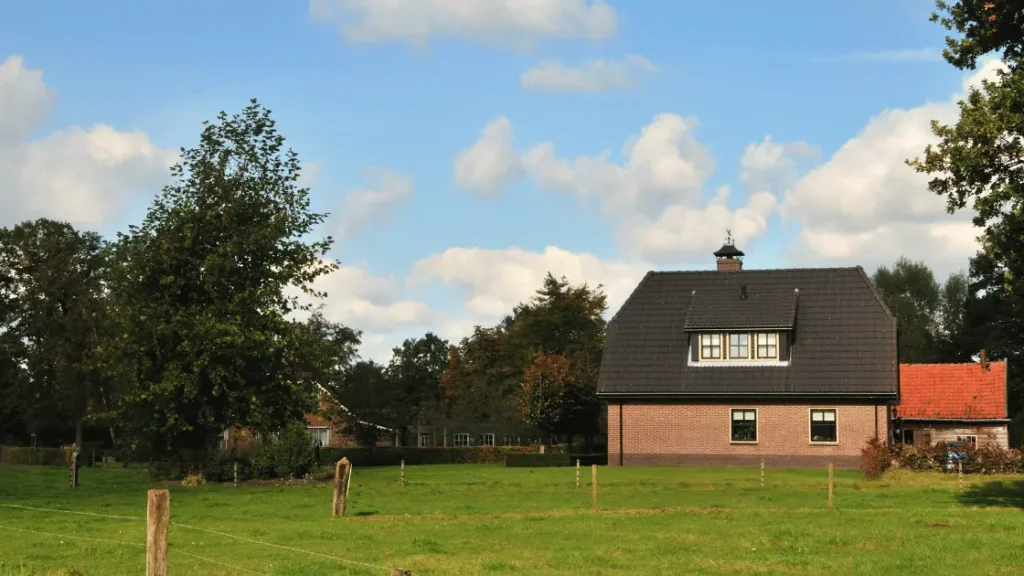
In this section, we will explore two crucial aspects of preparing for off-grid living: choosing the right location and securing the necessary resources.
Choosing The Right Location
When it comes to off-grid living, the location you choose plays a vital role in your success and well-being. Here are some key factors to consider when selecting the perfect spot:
- Access to Water: Ensure your chosen location has a reliable source of clean water, such as a natural spring or a well.
- Climate and Weather Conditions: Take into account the local climate and weather patterns to determine if they align with your needs and preferences.
- Sunlight Exposure: Opt for a location that receives ample sunlight throughout the year, especially if you plan on using solar power as your primary energy source.
- Land Accessibility: Consider the ease of access to your chosen location, taking into account factors like distance from main roads and the presence of any obstacles.
- Legal Considerations: Familiarize yourself with local zoning laws and regulations to ensure that living off the grid is allowed in your chosen area.
Securing The Necessary Resources
Living off the grid requires careful resource management. Here are some essential resources you need to secure:
- Energy Sources: Explore different options to generate power for your off-grid living, such as solar panels, wind turbines, or hydroelectric systems. Determine the most suitable option based on your location and energy needs.
- Water Supply: Set up a water collection and filtration system that allows you to access and purify water from natural sources like rainwater or nearby streams.
- Food Production: Consider sustainable methods of food production, such as establishing a vegetable garden, raising livestock, or implementing aquaponics systems. These methods can provide you with a steady supply of fresh food.
- Waste Management: Plan for proper waste disposal by implementing composting systems and recycling practices. This minimizes your environmental impact and promotes a more sustainable lifestyle.
- Communication: Invest in reliable communication systems that allow you to stay connected with the outside world. This can include satellite phones, two-way radios, or internet connectivity via satellite.
By carefully considering these factors and making the necessary preparations, you can set yourself up for a successful off-grid living experience. Remember to always prioritize sustainability, self-sufficiency, and careful resource management in your journey toward living off the grid.
Building A Self-sufficient Shelter
When it comes to living off the grid, one of the most critical aspects is building a self-sufficient shelter. Your shelter should not only protect from the elements but also be designed to minimize reliance on external resources.
Let’s explore three key elements of building a self-sufficient shelter: designing an energy-efficient home, collecting and purifying water, and creating sustainable waste management.
Designing An Energy-efficient Home
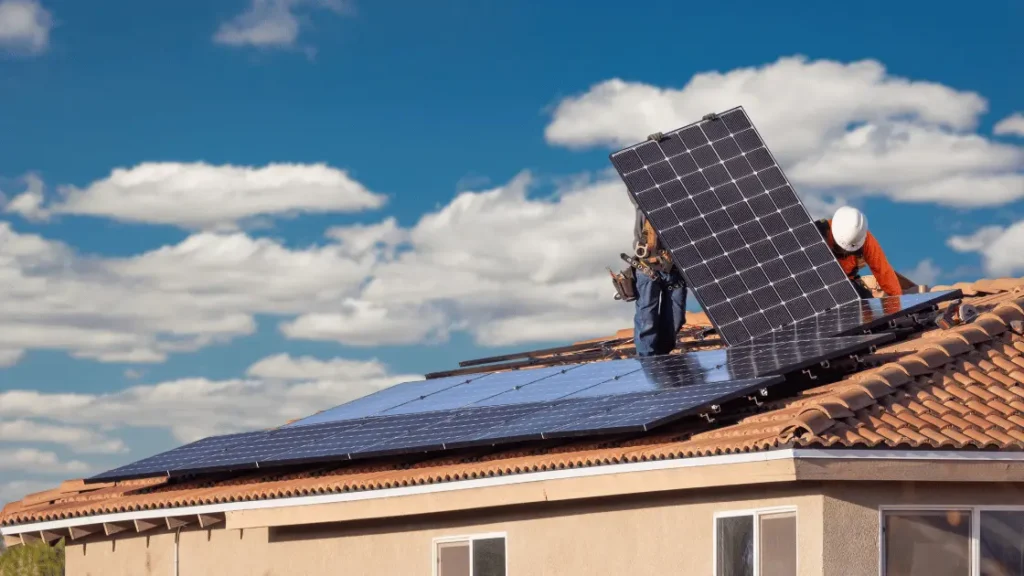
To maximize energy efficiency, it’s important to design your off-grid home carefully. Consider the following strategies:
- Utilize passive solar design by orienting your home to take advantage of natural sunlight and incorporating features like large south-facing windows.
- Insulate your home properly to minimize heat loss and gain, using materials such as cellulose insulation and double-glazed windows.
- Install energy-efficient appliances and systems, like solar panels or wind turbines for electricity generation.
- Use LED lighting throughout your home to reduce energy consumption.
Collecting And Purifying Water
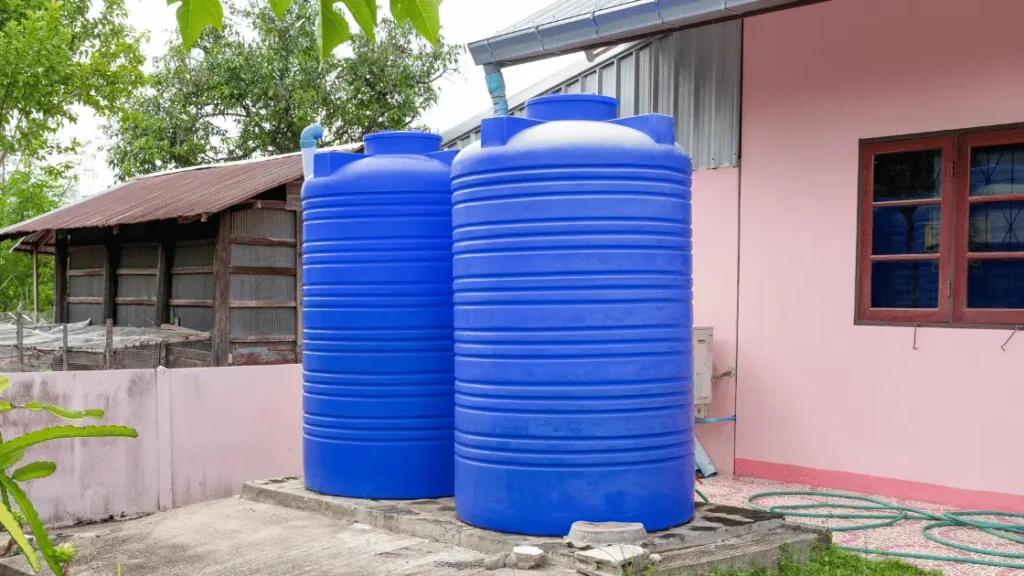
When living off the grid, a reliable source of clean water is essential. Here are some methods to collect and purify water:
- Set up rainwater harvesting systems to collect water from your roof, which can be stored in tanks for later use.
- Install a water filtration system to remove impurities and ensure the water is safe to drink.
- Consider incorporating a water catchment system to capture and filter water from nearby streams or sources.
- Explore natural water sources on your property, such as springs or wells, and implement appropriate purification methods if necessary.
Creating Sustainable Waste Management
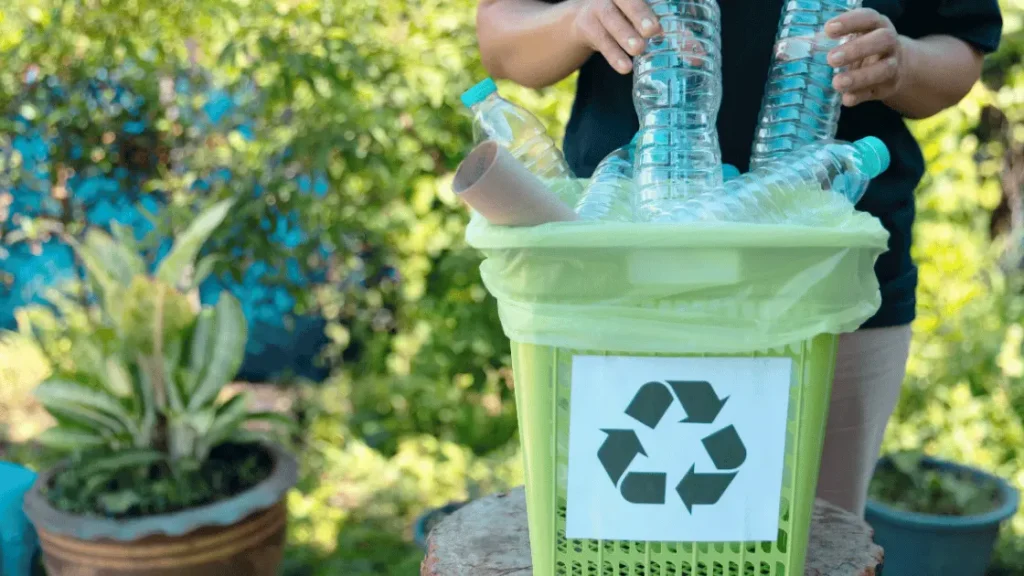
Proper waste management is crucial when living off the grid to minimize environmental impact. Here are some sustainable waste management practices:
- Implement composting systems for organic waste, which can be used to enrich soil and fertilize your garden.
- Reduce and recycle waste by repurposing materials and finding creative uses for items that would otherwise be discarded.
- Dispose of non-recyclable waste responsibly, considering options such as using a biodegradable waste bin or finding local recycling facilities.
- Consider implementing greywater systems to reuse water from sinks, showers, and washing machines for irrigation purposes.
By focusing on designing an energy-efficient home, collecting and purifying water, and creating sustainable waste management systems, you can successfully build a self-sufficient shelter and thrive off the grid.
Sustainable Food And Energy Sources
Living off the grid can be an incredibly rewarding experience for those looking to minimize their impact on the environment and embrace a more sustainable lifestyle.
One of the key aspects of off-grid living is the ability to rely on sustainable food and energy sources. By growing your food, harnessing renewable energy, and practicing conservation, you can ensure that you have the resources needed to survive and thrive self-sufficiently.
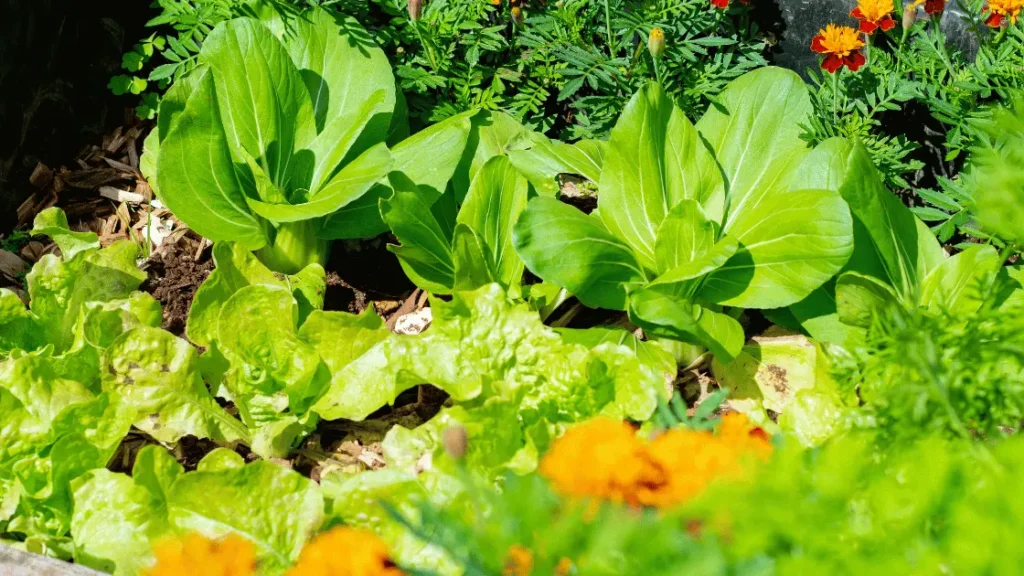
Growing Your Food
Growing your food is not only a great way to reduce your environmental footprint but also provides you with a fresh and nutritious food source. With a small plot of land or even just a few containers, you can cultivate a wide variety of fruits, vegetables, and herbs. By doing so, you decrease your reliance on grocery stores, reduce packaging waste, and have greater control over the quality and safety of your food.
- Select crops that are well-suited to your climate and soil conditions.
- Implement organic gardening practices to avoid the use of harmful chemicals.
- Practice companion planting to maximize yield and minimize pests.
- Utilize rainwater harvesting and drip irrigation systems to conserve water.
Harnessing Renewable Energy
Harnessing renewable energy sources is another important aspect of living off the grid. By generating your power, you can minimize or even eliminate your reliance on fossil fuels, reduce your carbon footprint, and save money in the long run. Here are some key renewable energy options to consider:
- Solar power: Install photovoltaic panels on your property to capture the sun’s energy and convert it into electricity.
- Wind power: Set up a wind turbine to harness the power of the wind and generate electricity.
- Hydroelectric power: If you have a river or stream on your property, you can utilize a micro-hydro system to generate electricity.
Practicing Conservation
Conservation is an essential part of sustainable living off the grid. By using resources efficiently and minimizing waste, you can ensure their long-term availability. Here are some conservation practices to incorporate into your off-grid lifestyle:
- Use energy-efficient appliances and lighting to reduce electricity consumption.
- Implement a composting system to reduce organic waste and create nutrient-rich soil for your garden.
- Reduce water usage by collecting rainwater, fixing leaks, and using low-flow fixtures.
- Practice mindful consumption by buying only what you need and opting for durable, long-lasting products.
Thriving In Off-grid Living
Discover the secrets to thriving in off-grid living with these essential survival tips. Learn how to adapt to a self-sufficient lifestyle and overcome the challenges of living off the grid.
Developing Essential Survival Skills
When it comes to off-grid living, developing essential survival skills is crucial. You need to be self-reliant and equipped with the necessary abilities to thrive in this unique lifestyle.
Here’s a list of skills that can help you survive and flourish:
- Mastering fire-making techniques, such as starting a fire without matches or lighters.
- Learning how to purify water from natural sources, ensuring a sustainable supply.
- Acquiring basic first aid skills to address minor injuries and illnesses.
- Gaining knowledge of wild edible plants, allowing you to forage for food.
- Developing the ability to build a shelter using natural materials found in your surroundings.
- Understanding navigation techniques to find your way without relying on GPS.
By investing time and effort into acquiring these essential survival skills, you can enhance your self-sufficiency and confidence in off-grid living.
Maintaining Physical And Mental Well-being
Living off the grid requires not only physical resilience but also strong mental well-being. It’s important to prioritize self-care to ensure you thrive in this unconventional lifestyle:
- Engage in regular physical activities, such as hiking or gardening, to keep your body in optimal condition.
- Practice mindfulness and meditation to improve mental clarity and reduce stress.
- Ensure you have a well-balanced diet that includes fresh, nutritious foods to support your overall health.
- Find time for leisure activities and hobbies that bring you joy and promote relaxation.
- Stay connected with loved ones and maintain social interactions to prevent feelings of isolation.
- Manage your time effectively to avoid burnout and maintain a healthy work-life balance.
By prioritizing both your physical and mental well-being, you will be equipped to face the challenges and enjoy the rewards of off-grid living.
Building A Supportive Community
Off-grid living doesn’t mean isolating yourself from others. Building a supportive community can greatly enhance your experience:
Connecting with like-minded individuals who share your values and aspirations can provide invaluable support and resources. Here are some ways to foster a strong off-grid community:
- Attend local events, workshops, and gatherings to meet others who are living off the grid.
- Join online forums and social media groups dedicated to off-grid living to connect with a wider community.
- Collaborate with neighbors on shared projects, such as building infrastructure or growing food.
- Organize regular meet-ups or potluck dinners to bring the community together.
- Exchange knowledge and skills with fellow off-grid enthusiasts to learn and grow together.
Building a supportive community not only provides practical benefits but also creates a sense of belonging and camaraderie, enriching your off-grid lifestyle.
Conclusion
Living off the grid may seem daunting, but with the right knowledge and preparation, it is possible. From harnessing renewable energy sources to growing your food and developing essential survival skills, these steps can help you thrive in a self-sufficient lifestyle.
Embrace the freedom, simplicity, and sustainability that living off the grid offers, and profoundly reconnect with nature. Start your journey today and experience the joys of a life off the grid.



